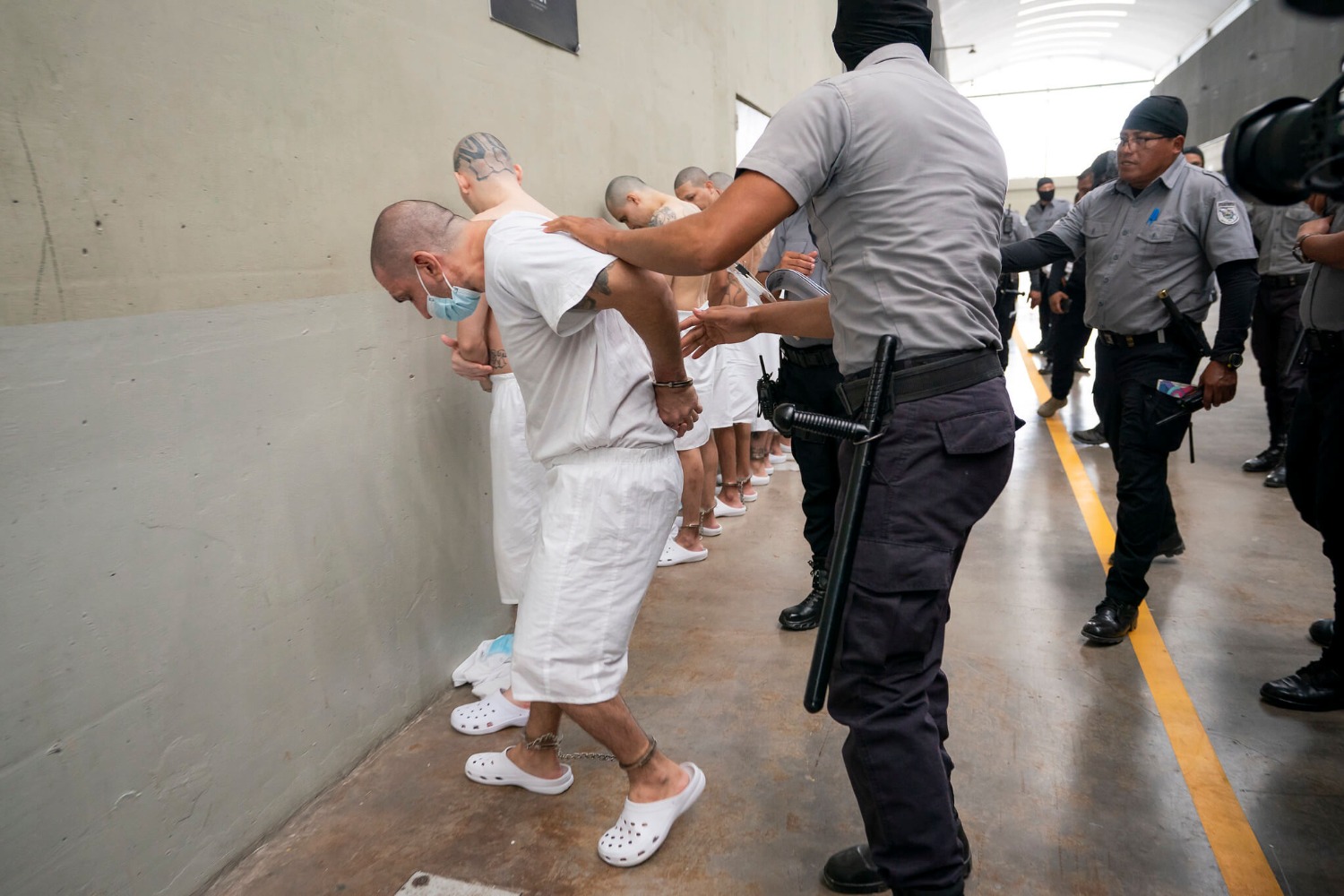Justice Dept. IG Finds No Misconduct by Trump, Others to Reduce Sentencing Recommendation for Roger Stone
Published by The Lawfare Institute
in Cooperation With

On July 24, the Department of Justice Office of the Inspector General (OIG) published a report entitled “An Investigation of Allegations Concerning the Justice Department’s Handling of the Government’s Sentencing Recommendation in United States v. Roger Stone.” In the report, the OIG explains that its investigation found that Justice Department prosecutors' decision to file a supplemental and amended sentencing memorandum significantly reducing their sentencing recommendation for Roger Stone was the result of Interim U.S. Attorney Timothy Shea’s “improper leadership,” and not that of misconduct by former President Donald Trump and other Justice Department officials.
In November 2019, Stone—a political consultant connected to Trump—was convicted on seven felony counts, including witness tampering and obstruction, related to Special Counsel Robert Mueller’s investigation into Russian interference in the 2016 presidential election. On Feb. 10, 2020, the Department of Justice filed a sentencing memorandum, which—pursuant to U.S. Sentencing Guidelines—recommended 87 to 108 months of incarceration. According to the report, Trump criticized the government’s recommendation for Stone on Twitter the next day. Hours after Trump’s tweets, Justice Department prosecutors—at the direction of then-Attorney General Bill Barr—filed a supplemental and amended sentencing memorandum, writing that their previous recommendation of 87 to 108 months was “excessive and unwarranted” and “would not be appropriate or serve the interests of justice,” and deferred to the court to decide the appropriate sentence. Later that day, according to the report, “all four members of the government’s trial team withdrew their appearances in the Stone case,” and one resigned from the Justice Department.
On June 24, 2020, a member of Roger Stone’s trial team—whom the report refers to as “Prosecutor 2”—testified before the House Judiciary Committee “alleging that improper considerations influenced the Department’s handling of the Stone sentencing recommendation.” According to the report, he specified that there was, “‘significant pressure on the line prosecutors in the case to obscure the correct Sentencing Guidelines calculation to which Roger Stone was subject—and to water down and in some cases outright distort the events that transpired in his trial and the criminal conduct that gave rise to his conviction,’ culminating ultimately in the filing of the government’s second sentencing memorandum.”
In the report, the OIG explains that it “found no evidence that [Justice Department] leadership, Shea, or D.C. [U.S. Attorney’s Office] supervisors engaged in misconduct or violated Department policy in connection with the Stone sentencing,” but also found that “Prosecutor 2’s belief that he (and the rest of the trial team) had been pressured to revise the memorandum for political reasons was not unreasonable.” The OIG’s report concludes that, “the Department’s handling of the sentencing in the Stone case was highly unusual,” but did not violate “a law, rule, regulation, or Department policy.”
You can read the report here or below:





